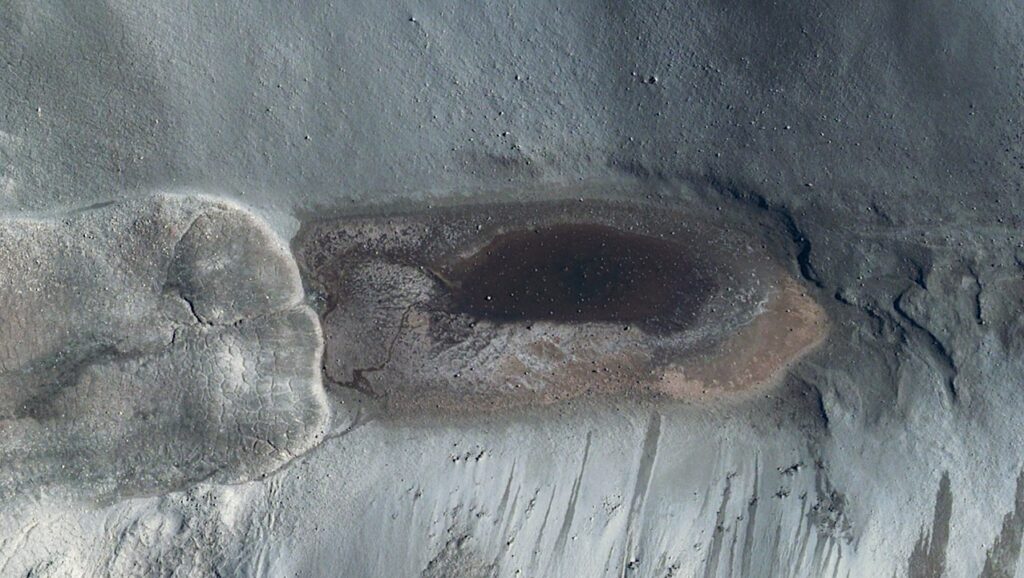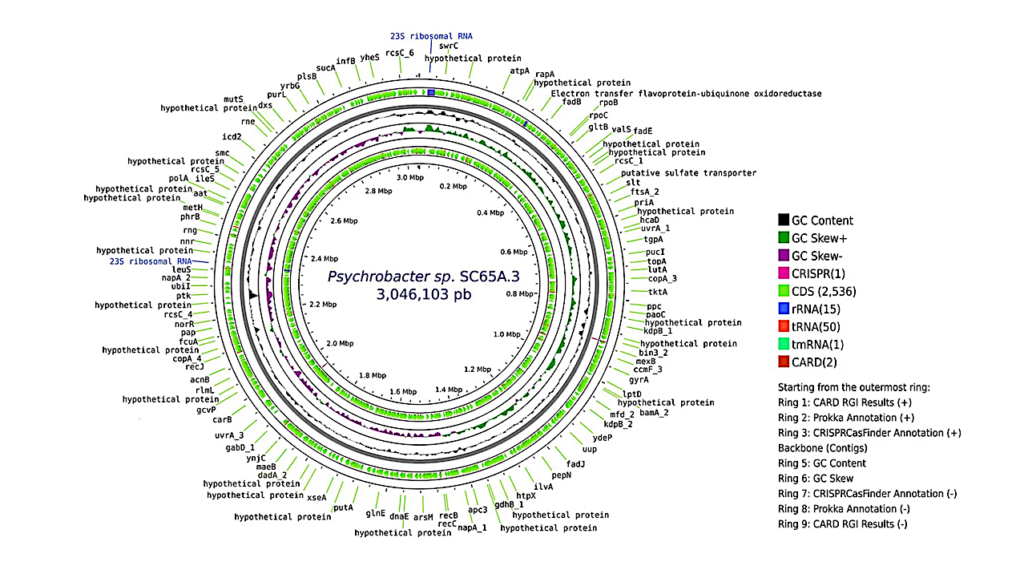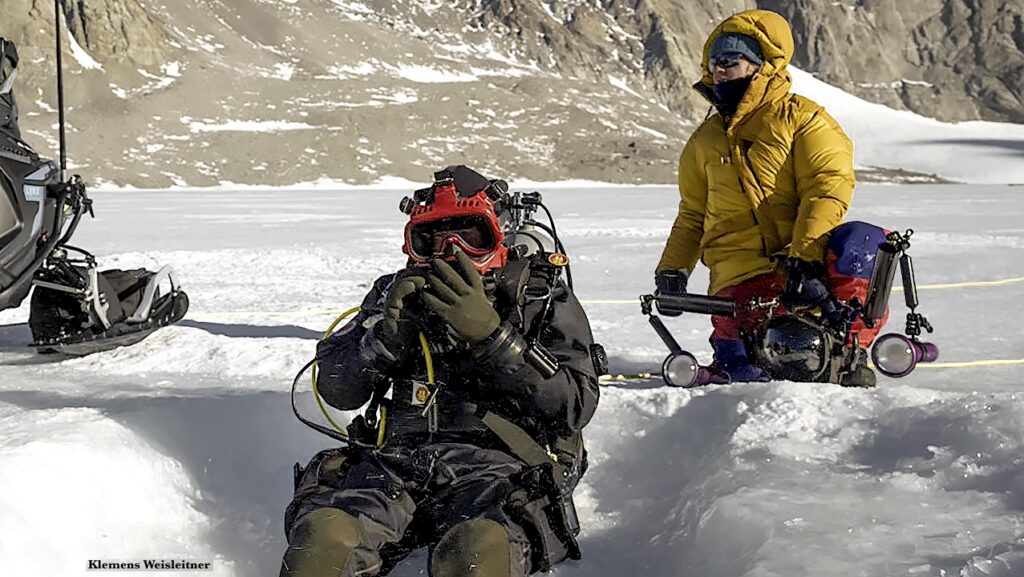Some Bacteria Could Survive Under Mars Conditions

An international team of radiation specialists, biologists and infectious disease experts has found four types of bacteria that are capable of surviving exposure to the hostile Mars environment. In their study, published in the journal Astrobiology, the group exposed four human-infectious bacteria to Mars-like conditions.
Over the past several years, microbiologists have found that some types of bacteria are capable of surviving in extremely hostile environments, both on Earth and in space. Bacteria has been found growing in places on Earth that experience abnormally high amounts of radiation, salt, extreme temperatures and almost no water. One type was also found living on the outside of the space station and other types are able to grow in meteorite material.
Such findings have led to concerns about the safety of astronauts venturing to places like Mars—if bacteria from Earth were carried there, either on or in astronauts or the equipment they bring, it could lead to sickness or death. In this new study, the research team wondered about the possibility of bacteria from Earth surviving conditions on Mars.
To test the possibility, the researchers created a Mars-like environment in a box in their lab, complete with a regolith stand-in, cold temperatures, a no-oxygen atmosphere and radiation exposure. They then added four types of bacteria, one by one: Serratia marcescens, Pseudomonas aeruginosa, Klebsiella pneumoniae and Burkholderia cepacia. All four are known to infect humans.
The team first tested how each of the bacteria types responded to each of the simulated conditions individually. They then subjected all four types to all the conditions at once. They found variable responses—B. cepacian, for example, was not able to grow in sodium-perchlorate-rich soil, a possible condition on Mars. Also, dramatically reducing the amount of water in the environment reduced survivability.
But they also found that all four survived to some extent when exposed to all that Mars would throw at them—three of them survived for 21 days, with one of them, P. aeruginosa, seeming to multiply and thrive.
The research team concludes that bacteria carried inadvertently to Mars could pose a health risk to astronauts, particularly if the bacteria mutated to help them better survive the harsh conditions.
More information: Tommaso Zaccaria et al, Survival of Environment-Derived Opportunistic Bacterial Pathogens to Martian Conditions: Is There a Concern for Human Missions to Mars?, Astrobiology (2024). DOI: 10.1089/ast.2023.0057
Astrobiology








